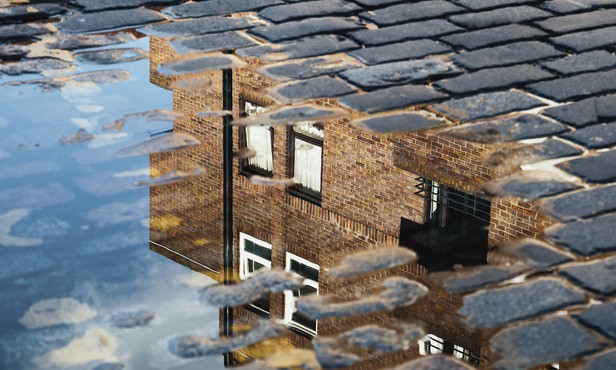In 1999, the average house price was just £77,961 - that figure now stands at £230,735.

The average house price in the UK has almost trebled in the past 20 years, according to research from Coulters Property.
In 1999, the average house price was just £77,961 - that figure now stands at £230,735.
At the same time, the average income has also increased, but only from £17,803 a year to £30,353 – an increase of 70%.
This means that while in 1999, a 10% deposit would have worked out at about 43.8% of annual salary, these days, that figure has risen by about three quarters to 76%.
Mike Fitzgerald, executive chairman, at Coulters Property, said: “More than ever, there is a disparity between personal income and property prices, which these stats reiterate.
"Buying a home in the UK is a defining tradition and a goal for many young people. Although being a first-time buyer is exciting, over recent years, the affordability gap has stretched and continued to do so every year, making it difficult to make the first step onto the property ladder.
"In these uncertain times, these inequalities have been made much more apparent, the recent raising of the trigger rates on stamp duty (and LBTT in Scotland) to help combat the economic consequences of the COVID-19 pandemic and lock down, will undoubtedly particularly help first-time buyers and add valuable extra cash to be applied towards their deposit or other transaction costs such as legal fees.
"This is especially so in high value urban areas where many first-time buyer properties would have otherwise been subject to stamp duty.
"There's no questioning that wages have increased with the rate of inflation, but have they increased enough? Despite recent schemes such as Help to Buy or part-ownership, house prices are expected to increase, with the possibility of a 15% increase over the next five years or so.
"The aspiration and importance of homeownership resonates with many in the UK. While many other countries don't share this attachment, we seem to value it highly as a vital part of getting onto the property ladder to tap into capital growth (something which the UK has demonstrated over many decades unlike some other countries), settling down or kickstarting a potential investment portfolio.
"It's important to seek all the information you can when considering getting a foot on the property ladder and not let the numbers put you off. There is so much support and often a price bracket to meet first-time buyers’ needs.
"Capital returns on property are traditionally strong, but like all investments the returns need to be measured over a sufficiently long period of time to flatten out short term spikes and dips in values. If done sensibly the outcome and rewards are certainly worth it, not only in financial terms but also in the pleasure that homeownership can bring.”



